
Care home staff and residents need ‘family’ bonds to thrive
Care home residents receive much better care when they enjoy ‘family’ bonds with staff – but staff must be empowered to create these bonds, new research has found.

Care home residents receive much better care when they enjoy ‘family’ bonds with staff – but staff must be empowered to create these bonds, new research has found.
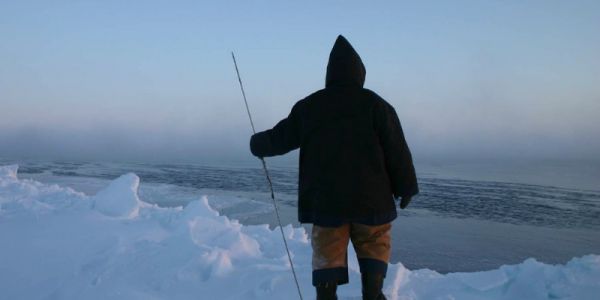
New research into climate change will focus on the lived experience of Indigenous communities in the Arctic.
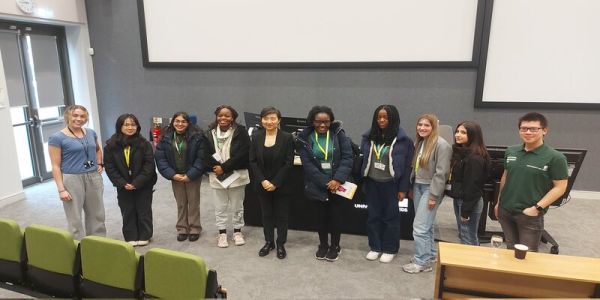
School pupils have been inspired by world-renowned scientists as they learned about the latest innovations in molecular biology at The Astbury Conversation.
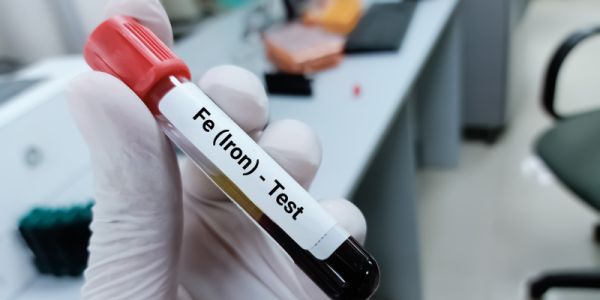
Children and young people who are overweight or obese are at significantly higher risk of iron deficiency, according to a study by nutritional scientists at the University of Leeds.

Public health expert Chikaodili Mary-Kate Deng (MPH 2009) has been recognised with a Study UK Alumni Award for her contribution to care systems for HIV and AIDS in Nigeria.

Replacing sugar with artificial and natural sweeteners in foods does not make people hungrier – and also helps to reduce blood sugar levels, a significant new study has found.
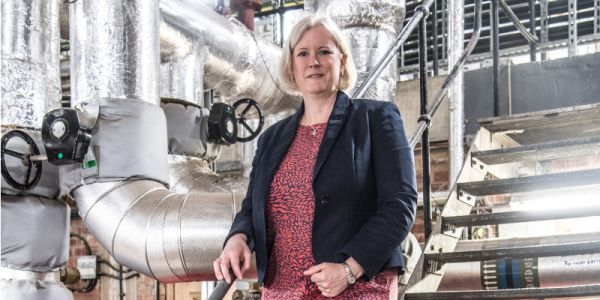
An international group of experts are calling for indoor air quality standards to be introduced around the globe.
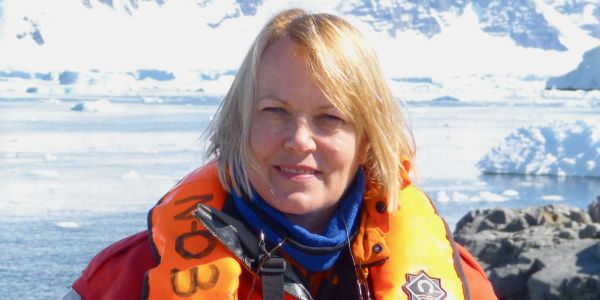
Seize every opportunity and make the most of life’s amazing adventures.
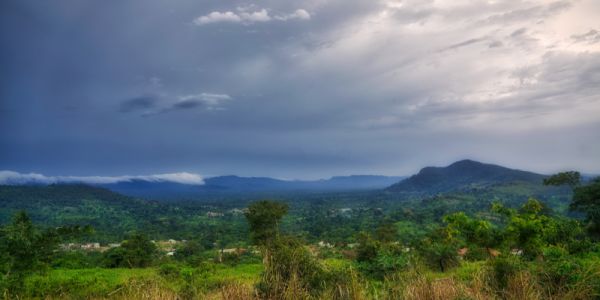
Africa needs long term investment in scientific infrastructure and science careers to allow the continent to adapt to climate change and its effect on weather systems.

After 13 years of training in Leeds and racing for the city, Phil Sesemann qualified for the Paris Olympics in 2024 and became the third fastest British marathon runner ever.